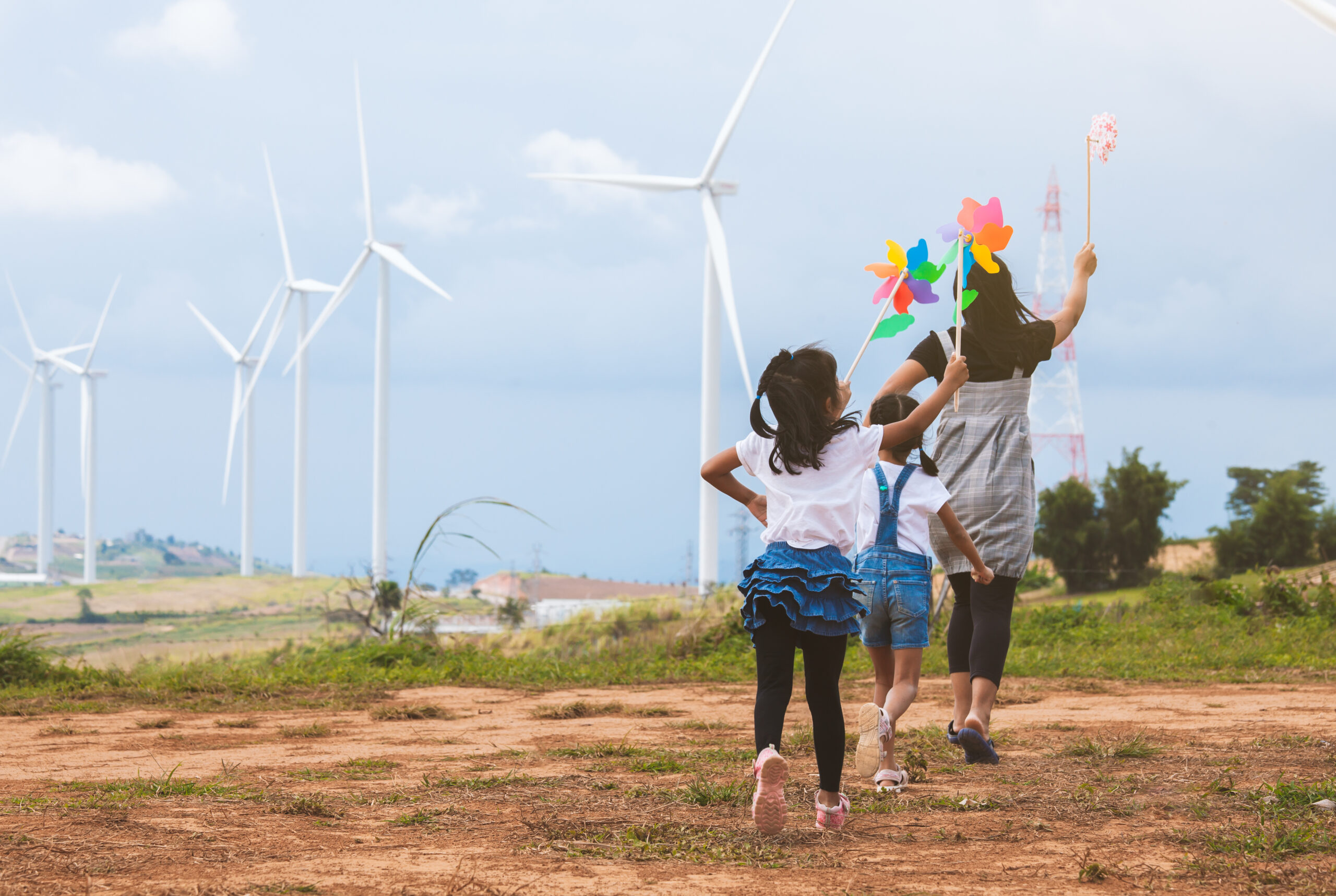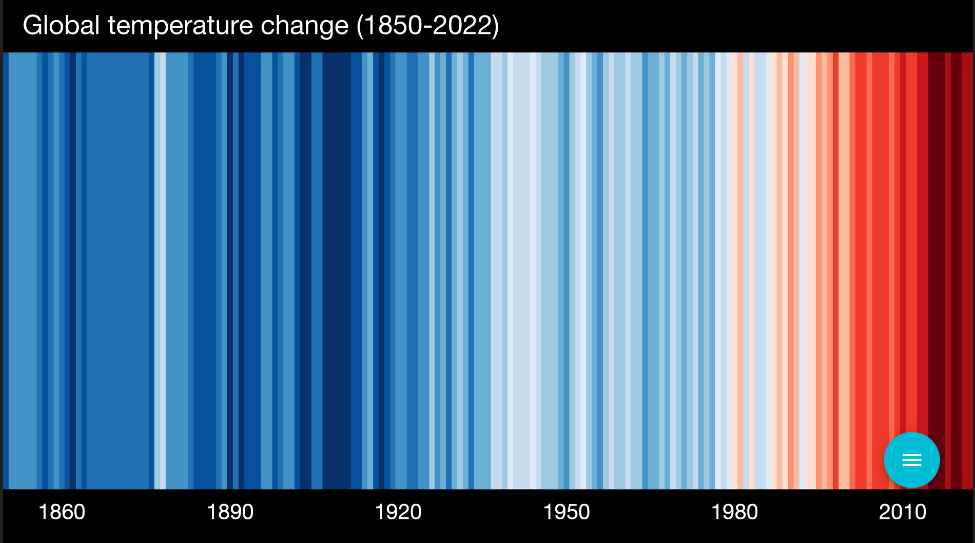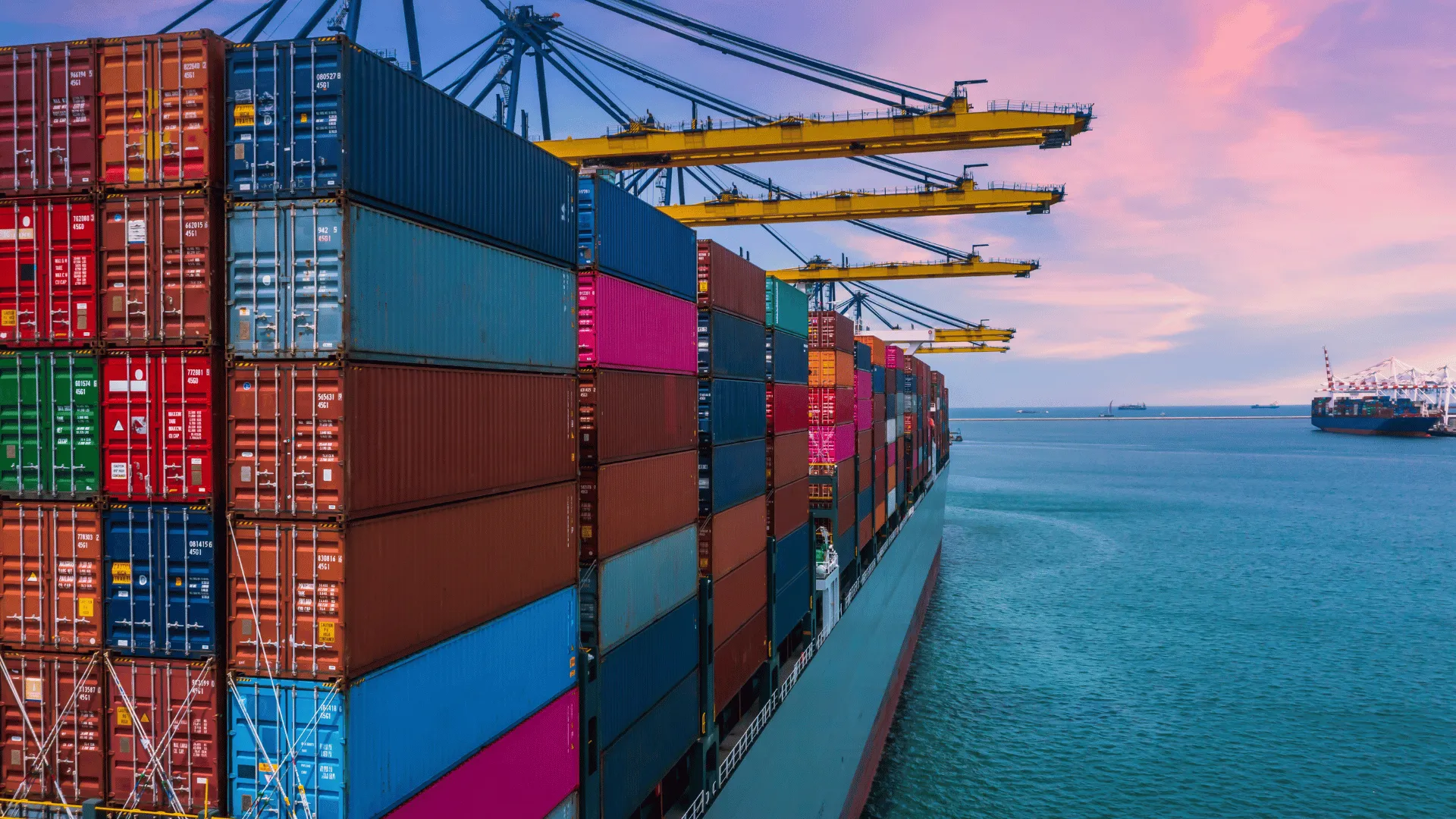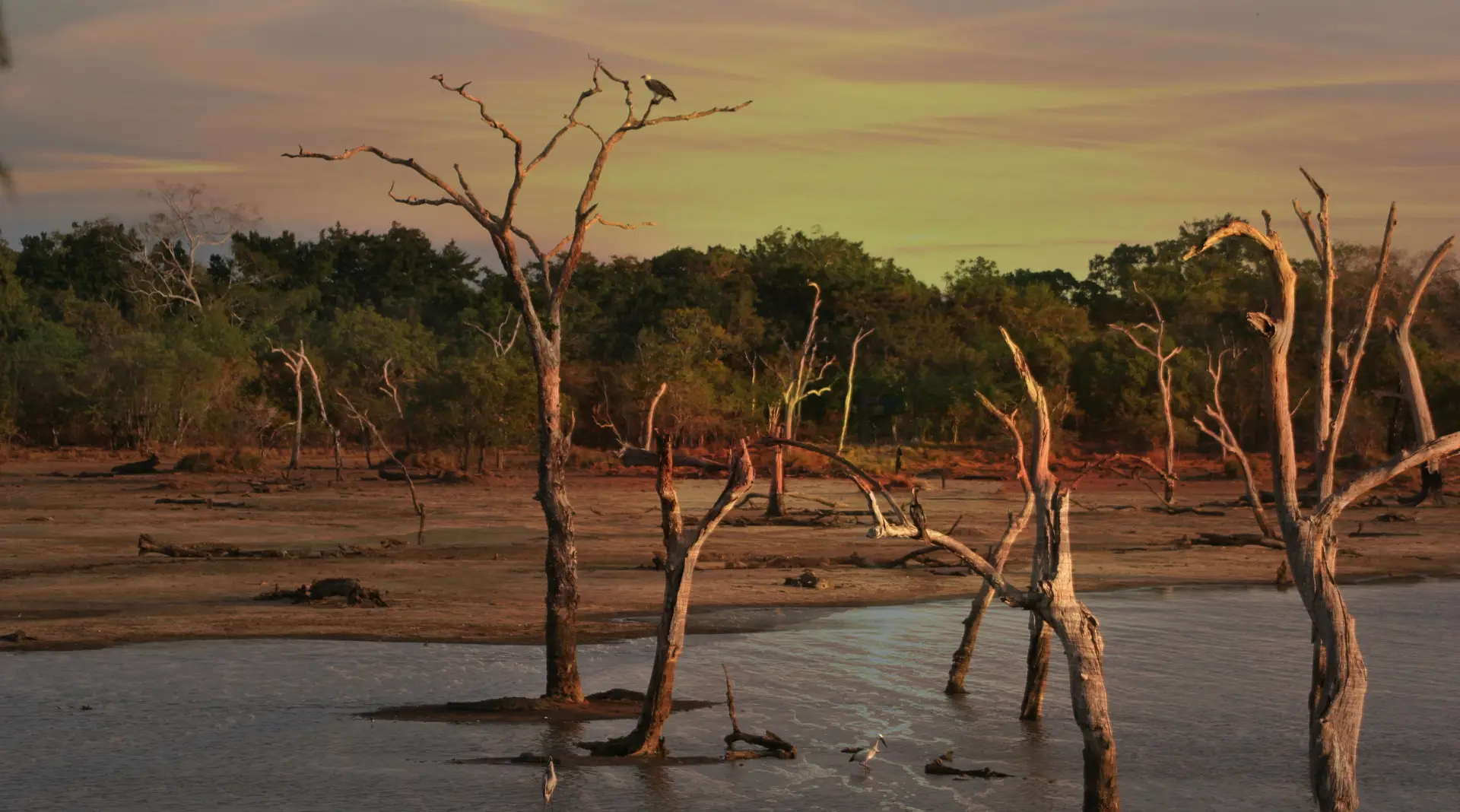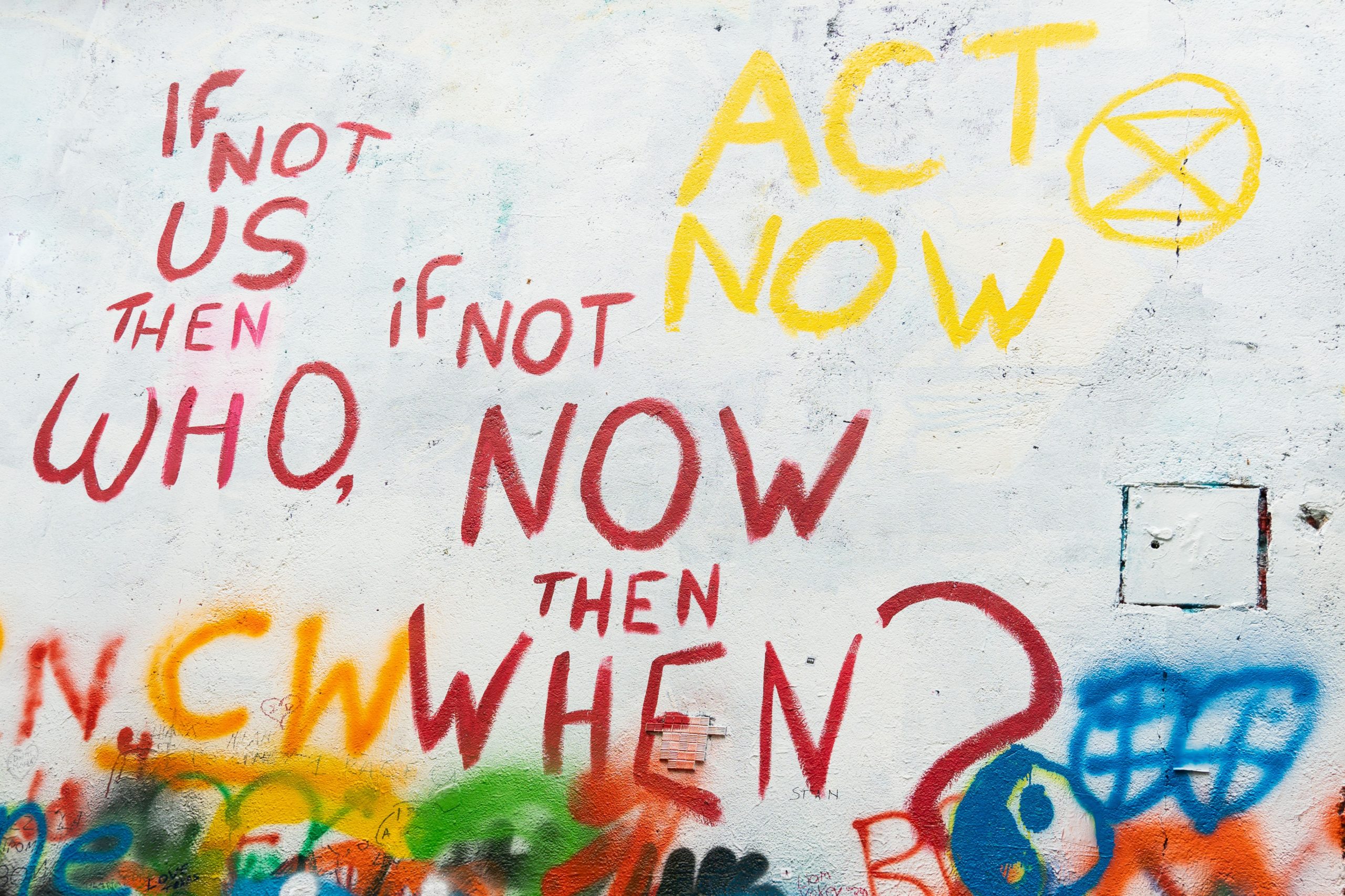With just 2 days of negotiations left at the COP28 summit, it is clear that world leaders are not entering into the summit with the same sweeping mandated as seen in Paris in 2015. In fact, it is becoming increasingly clearer that the Paris 1.5-degree target is unlikely, never mind strengthening the resolve on these targets.
Despite this year, 2023, already being declared the warmest on record by November, and having six record breaking months and two record breaking seasons, world leaders as squabbling over texts which will have little to no impact on emissions or targets.
With the head of this year’s COP, Sultan Al Jaber, the head of the Abu Dhabi National Oil Company (ADNOC) in the position many thought would create a conflict of interest, he is indeed between a rock and a hard place. With over 80 countries, many at the forefront of climate change pushing for an end to the use of fossil fuels, a topic every previous COP has been careful to avoid, the Sultan is now being lobbied from both sides, with OPEC now pressuring members and the chair to reject any deal which targets fossil fuels directly.
Reuters, who broke the news shared a letter from December 6th sent by OPEC Secretary-General Haitham al-Ghais “It seems that the undue and disproportionate pressure against fossil fuels may reach a tipping point with irreversible consequences, as the draft decision still contains options on fossil fuels phase out … I avail of this opportunity to respectfully urge all esteemed OPEC Member Countries and Non-OPEC Countries participating in the CoC and their distinguished delegations in the COP 28 negotiations to proactively reject any text or formula that targets energy i.e. fossil fuels rather than emissions”.
The Sultan is therefore walking a very fine line, as evident by his calling of the majlis, elders conference, on Sunday. In there, the main focus was two pronged, one the aforementioned fossil fuels phase out or abatement, and the second on financing.
Climate adaptation funds is not a new concept, it was raised pre-the-Paris agreement, and every year since. However, despite UN reports released in November, Adaptation Gap Report 2023, showing 2021 funding fell 15% year on year to a cumulative $24.6bn, but more than $200 – 350bn is needed, and 2023 is likely to only be around the $100bn mark. The idea of now increasing the burden on fossil fuels emissions to be phased out and not abated will leave many countries, especially in the African continent behind. As emerging and expensive technologies, which will allow other countries to continue producing, will not be available to them.
I once again argue, with politicians and special interests lobbying, the value of the COP is diminishing. Energy policy should not be in the hands of those who are worrying about re-election in 1, 2 or 4 years but those who understand the science, industries and financing of the projects required to make the change. We cannot just turn off coal, the Eraring “closure” has shown us that in bright bold lights (or blackouts), so there has to be balance. But that cannot be done by those who are not in that world or influenced by only one side of an argument.
However, with Azerbaijan the COP29 hosts, a country with at least 7bn barrels of commercial oil, and 1.3 trillion cubic meters of natural gas and one of the world’s largest gas fields I am sure will fly the flag for phase out of fossil fuels and strong targets for all nations attending.
With Statements due in the next 48 hours, I may be proven incorrect, and the Sultan is absolutely making the right noises, “I want everyone to come prepared with solutions … I want everyone to come ready to be flexible and to accept compromise. I told everyone not to come with any prepared statements, and no prescribed positions. I really want everyone to rise above self-interests and to start thinking of the common good.” But as always, the proof is in the packages which come out of the talks and with only two days to go and no consensus the clock is absolutely counting down.

